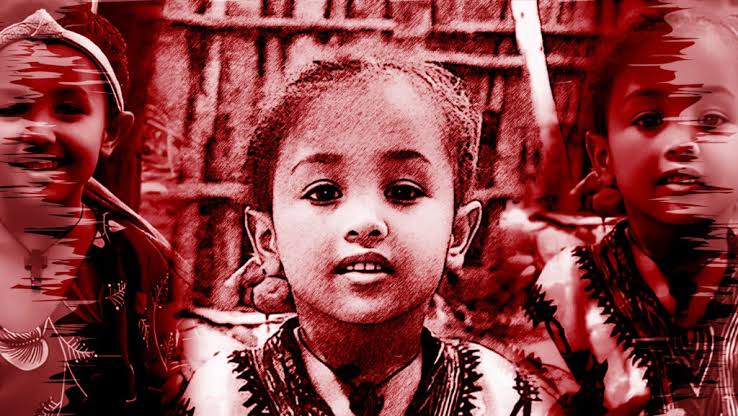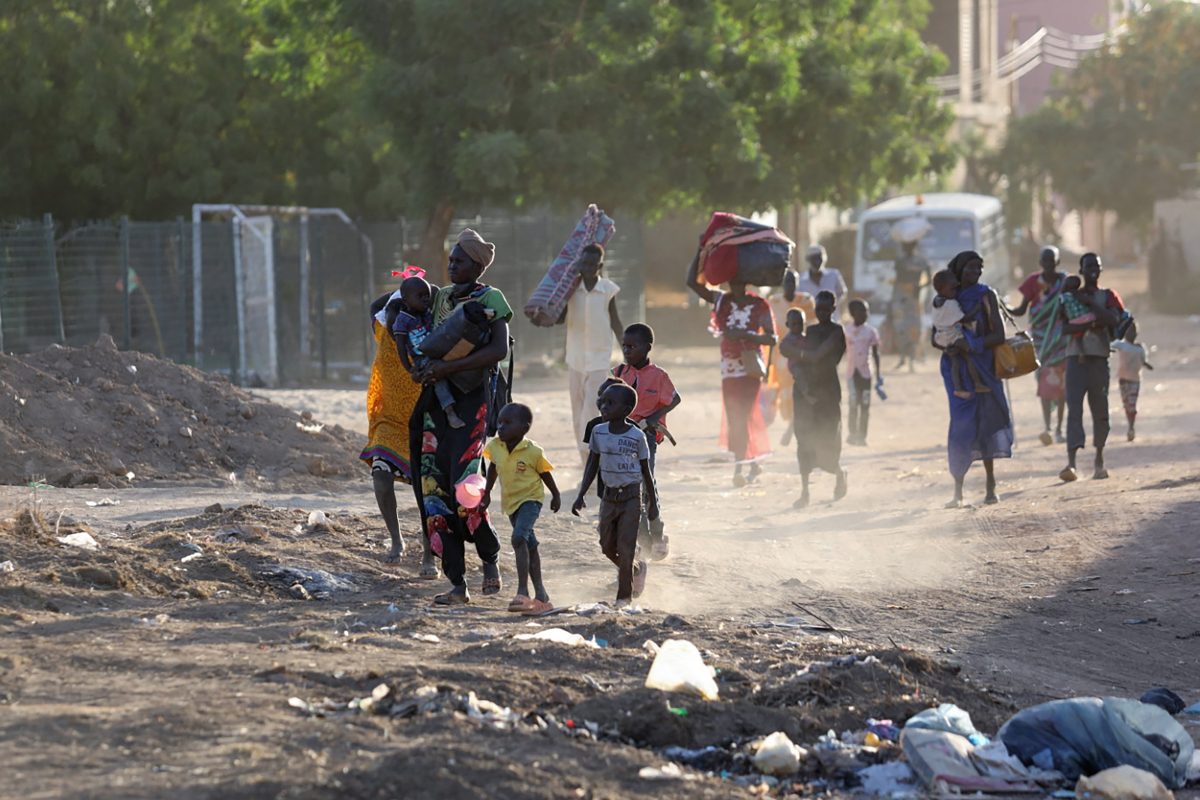Dr. YONAS WORKINEH
Sexual violence has long been a critical issue in Ethiopia, with numerous cases reported every year.
Despite the severity and frequency of such incidents, the justice system has continuously failed to provide adequate protection, support, and legal recourse for the victims.
Women, children, and even men are victims of sexual assault, yet perpetrators often live freely, their punishments either delayed or insufficient.
The tragic case of Heven Awot, a 7 years of child who was brutally raped and murdered in August 2023, sheds light on the deep-seated flaws in Ethiopia’s justice system, sparking national outrage and international attention.
Widespread Sexual Violence
Sexual violence in Ethiopia is a pervasive issue affecting women and children across all regions.
According to reports from human rights organizations and media outlets, there are countless victims of rape, with many cases going unreported due to stigma, fear of reprisal, and lack of trust in the justice system.
The victims of sexual violence range from children as young as 3 years old to adult women are subjected to unimaginable trauma.
Reports of boys and men being subjected to sexual abuse are also rising, though such cases are rarely discussed publicly due to cultural stigma.
Rape does not only occur in isolated or impoverished communities. It is reported in urban centers, among the educated and affluent, and even within institutions where people expect protection, such as schools or workplaces.
One of the major failures of Ethiopia’s justice system is its inability to consistently and effectively investigate and prosecute these crimes.
The Case of Heven Awot
The tragic case of Heven Awot, a 7 years of child raped and murdered by her family’s landlord Whose name is Getnet Baye in August 2023, became a symbol of the nation’s crisis in handling sexual violence.
The brutality of the crime shocked the public, and it garnered widespread media attention both locally and internationally.
Various international media outlets reported on Heven’s case, leading to a global outcry for justice.
The Ethiopian Women Lawyers Association (EWLA) said the “murder by itself should have been enough to sentence him to life imprisonment or to death…”.
The Minister for Women and Social Affairs Ms. Ergoge Tesfaye (Phd) also condemned the murder by saying “inhumane” in her Facebook page.
Getnet Baye was sentenced to 25 years in prison, a punishment that many believed was far too lenient given the severity of the crime.
What further infuriated the public was the fact that Getnet Baye, after being convicted, was reportedly allowed out of prison on certain occasions.
This fueled anger and frustration among the public, who viewed this as a blatant failure of the justice system to protect its most vulnerable citizens.
There were widespread protests and demands for the government to introduce more severe punishments for rapists, with some calling for capital punishment, citing countries like China, India, Pakistan, and the United Arab Emirates as examples of nations where rapists receive death sentences.
Failures of the Justice System
Delayed and Insufficient Punishments, one among the major factors.
One of the major criticisms of Ethiopia’s justice system regarding sexual violence is the leniency shown towards perpetrators.
Sentences are often too short or allow opportunities for parole or early release, even for those convicted of heinous crimes like child rape and murder.
The case of Getnet Baye is emblematic of this issue, where despite the brutal nature of his crime, the punishment failed to match the severity of his actions.
Moreover, the fact that he was able to leave prison further reflects the lack of rigorous enforcement within the system.
Corruption and Influence
Another significant factor contributing to the poor handling of sexual violence cases is corruption and the influence of wealth and power.
It is often the case that perpetrators with resources or connections are able to manipulate the legal system to their advantage.
In Heven Awot’s case, Getnet Baye’s legal team was reportedly working hard to secure his release, which many believe was possible because of systemic corruption that allows the rich and powerful to avoid true justice.
Negligence in Investigations
Many cases of sexual violence in Ethiopia suffer from insufficient or negligent investigations.
Police and legal authorities are often accused of failing to gather enough evidence, mishandling cases, or prioritizing other issues over crimes against women and children.
As a result, many cases collapse before they reach trial, or the evidence presented is not enough to secure a conviction.
This reinforces a cycle of impunity where rapists feel emboldened, knowing that the likelihood of being held accountable is slim.
Cultural Stigma and Lack of Support for Victims
Another critical issue is the cultural stigma associated with sexual violence.
Victims, particularly women and children, often fear coming forward due to societal shame and the possibility of being ostracized by their communities.
This lack of support makes it even harder for victims to seek justice.
Even when cases are reported, victims may face harsh treatment by authorities, who often question their credibility rather than focusing on the crime.
Ineffective Legal Frameworks
Although Ethiopia has laws in place to prosecute sexual violence, there is a clear gap between legal provisions and their implementation.
Laws are not consistently applied, and judicial processes are often slow and cumbersome.
In many cases, justice is delayed for years, leaving victims without closure and potentially allowing perpetrators to escape punishment.
Calls for Reform
The outpouring of public anger in response to Heven Awot’s case has reignited debates on how Ethiopia’s legal system should handle sexual violence.
Many people are now calling for stricter laws and the introduction of harsher punishment



